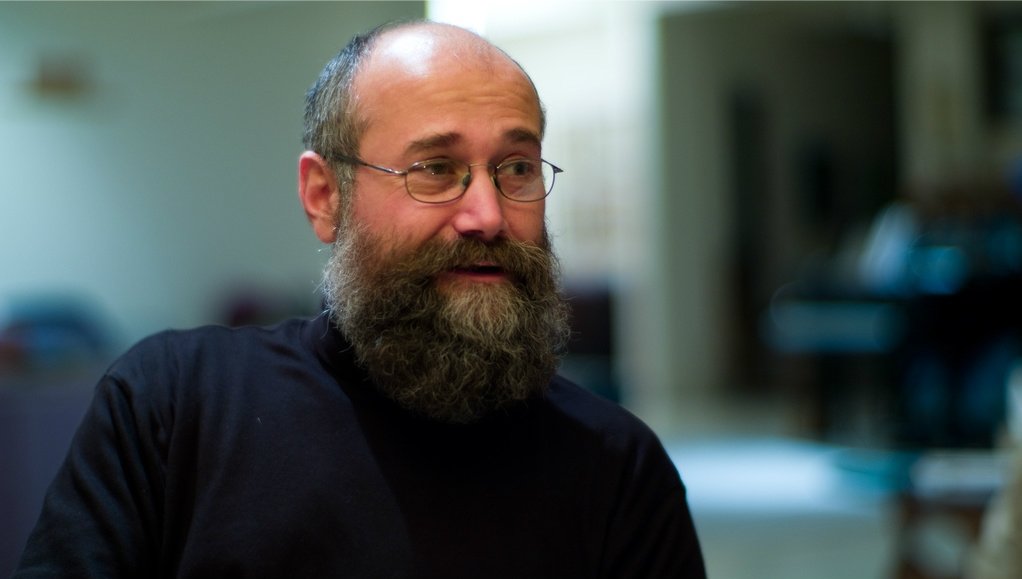A New Call to Protect Acts of Journalism

Legal scholar Yochai Benkler
Joi Ito
Today, more people than ever before are participating in journalism.
People are breaking news on Twitter, covering their communities on Facebook, livestreaming, distributing news via email and writing in-depth blogs on issues of civic and community significance.
Some of these people are what we’d consider “traditional” journalists working on new platforms, but many are not.
Karina Vargas
In a new paper we’re releasing today, we profile some of these journalists and highlight the emerging consensus around a new vision for press freedom, one that protects all acts of journalism.
At its core is the idea that everyday people are central to the future of journalism as news consumers, distributors and creators. We need to push for policies that protect longstanding journalism institutions alongside these new participants.
Consider the case of 19-year-old Karina Vargas.
She was on her way home one night when she stepped off her train to see police arresting a group of young men at the Fruitvale station in Oakland, Calif. The police seemed to be using excessive force, so Vargas pulled out her cellphone and began recording. As the conflict escalated, Vargas walked closer. She was about 15 feet away when police shot Oscar Grant in the back.
Officers tried to confiscate Vargas’ camera after the shooting but she refused. Her footage was used by the local CBS station and in the eventual court case against the officer.
Jersey Shore Hurricane News
Or take a look at Jersey Shore Hurricane News.
This Facebook-only news site has become an important source for local journalism, with more followers on Facebook than WNYC and ProPublica combined. The site is run by Justin Auciello, an urban planner with no journalism background, but a deep commitment to his community. His work has been recognized by the White House and is relied on by journalists across the nation.
And this isn’t just about new technology.
Lee Roy Chapman
Lee Roy Chapman is an amateur historian in Tulsa, Okla., whose shoe-leather research led him to a story no mainstream media outlet in the state would touch. After years of digging through public records, a search that took him from Oklahoma to New York City, he uncovered the terrible history of violence and racism that surrounded Tate Brady, the founder of Tulsa.
A new journalism startup, This Land Press, published Chapman’s work and forever changed the way the people of Oklahoma viewed Brady.
Harvard legal scholar Yochai Benkler has argued that “A country’s constitutional culture is made up of the stories we tell each other about the kind of nation we are.”
If we want to protect all acts of journalism, we need to change the stories we tell about press freedom. Press freedom today is not just about Daniel Ellsberg and Deep Throat; it’s also about Karina Vargas and Justin Auciello.
Around the country people are committing acts of journalism that are serving their communities, influencing national debates and changing the face of journalism. As our understanding of journalism changes, so too must our understanding of press freedom.
Click here to read Acts of Journalism: Defining Press Freedom in the Digital Age.